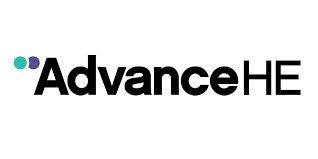Anne Ridley, former Head of the School of Cellular and Molecular Medicine (University of Bristol), shares her experience of four Athena Swan applications in two different universities and discusses the improvements to women’s careers made by the Athena Swan Charter.
When I was appointed as a group leader at the Ludwig Institute for Cancer Research, I was the first and only female Principal Investigator (PI) there. I had a four-month-old baby and my second daughter arrived 18 months later. I juggled being a mother (attending school assemblies and many concerts) and growing a laboratory through grant funding and publishing papers, as well astravelling the globe to speak at international conferences and universities.
I have often been invited to talk to graduate students about my career as a woman, which I hope inspired some of them to pursue academic careers. I also enjoy participating in several formal mentorship schemes to mentor younger woman to achieve their next career goal, which is often a promotion step. It is always rewarding to see their successes.
As I have taken on more leadership roles, my experience as a working female scientist and mother motivated me to support and develop the careers of the next generations of female scientists. When my Department and Faculty at King’s College London discussed putting in their first Athena Swan application in 2014, I was the most senior woman and keen to be the lead on the Department application and to contribute to the Faculty application (which obtained a Silver Award in 2018).

